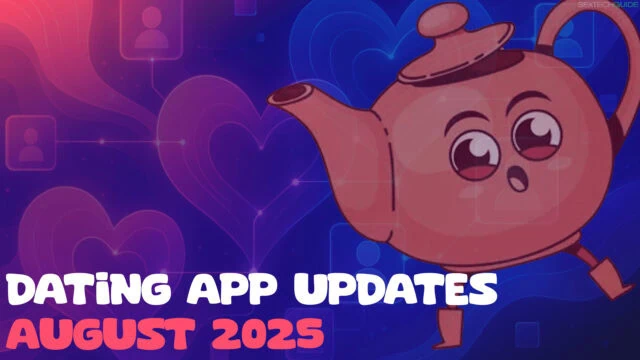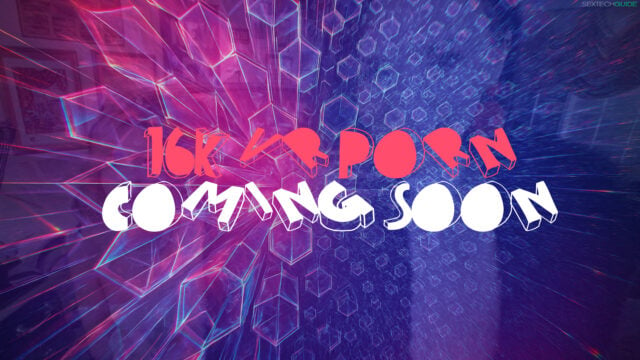Sharing sexually explicit photos and videos without the consent of people depicted in the content, including AI-generated deepfake adult content, is to become illegal in the US.
The Take It Down Act, designed to clamp down on adult content used for revenge porn, was passed by the US Congress on Monday, April 28, 2025. US President Donald Trump is expected to sign the legislation quickly.
“The best of intentions can’t make up for the bill’s dangerous implications for constitutional speech”Becca Branum, deputy director of the Free Expression Project for the Center for Democracy and Technology
At least 20 US states already have laws in place criminalizing the nefarious use of non-consensual deepfake porn, but the new law will add pressure on online platforms at a federal level. Under the law social media platforms and sites will need to remove content identified as non-consensual explicit content within 48 hours of the identification.
Platforms, websites, online services and apps that primarily feature user-generated content, which would include most social media sites and many porn sites, will also be compelled to provide a system by which non-consensual adult and explicit content can be reported for removal.
Also under the law, individuals who share nonconsensual porn featuring adults online face prison sentences of up to two years. For sharing nonconsensual explicit material featuring minors the maximum prison sentence is three years.
Why now?
The passing of the Take It Down Act marks the first internet content law to pass Congress since 2018, when legislation to tackle online sex trafficking was passed.
The new law has been brought in to protect victims and potential victims of revenge porn, following the fast-rising popularity of deepfake technology that can be used to easily generate ‘fake’ non-consensual porn.
However, critics have said that the law could create a digital landscape in which platforms feel compelled to remove almost any content flagged as potentially breaching the law within the 48-hour period, in an abundance of caution. This could, critics say, potentially result in legitimate adult content being removed simply because one person flagged it with a report.
Becca Branum, deputy director of the Free Expression Project for the Center for Democracy and Technology, told the New York Times: “The best of intentions can’t make up for the bill’s dangerous implications for constitutional speech and privacy online.”
Branum said the Take It Down Act was “a recipe for weaponized enforcement that risks durable progress in the fight against image-based sexual abuse.”
The UK is also set to make sharing non-consensual deepfake porn illegal, and is also set to criminalize preparing technology elements to create such content.






Leave a Reply